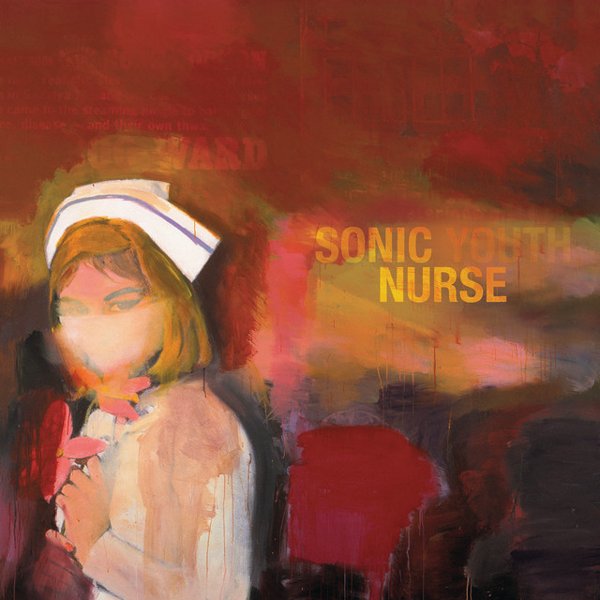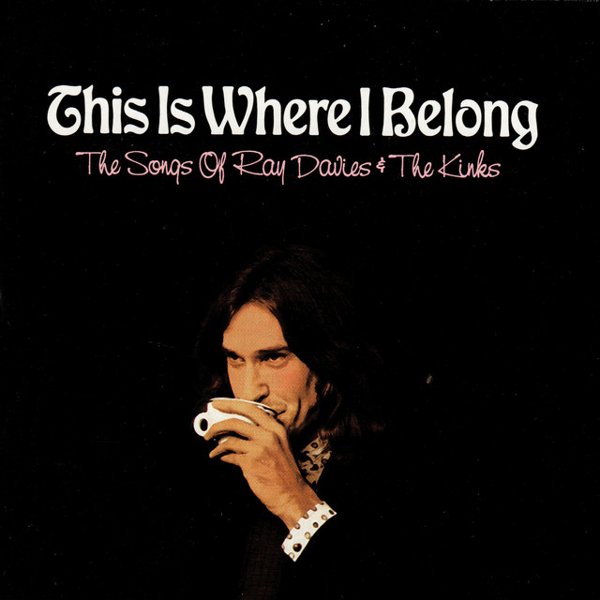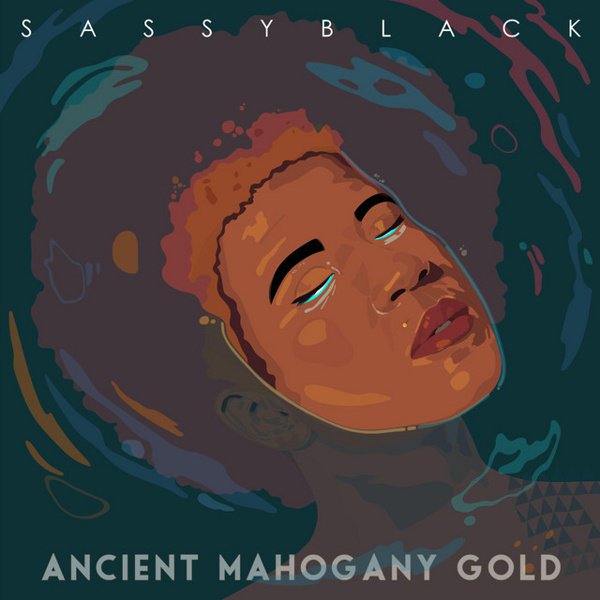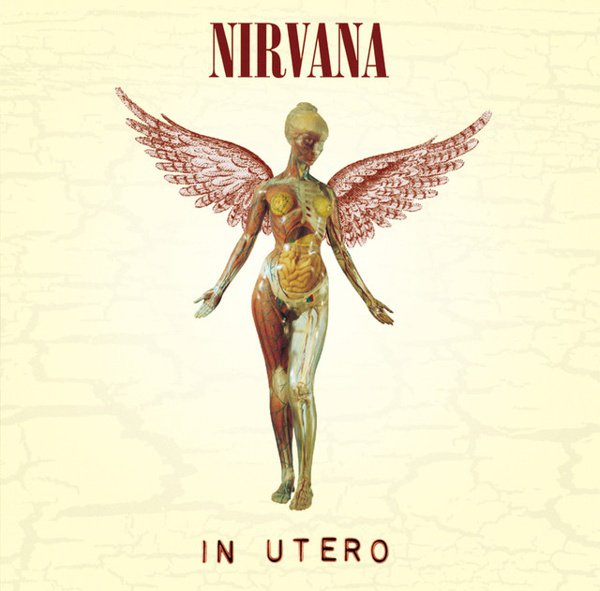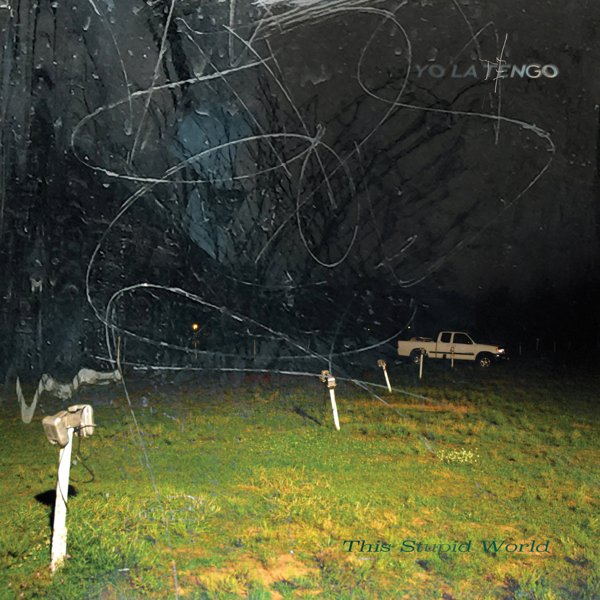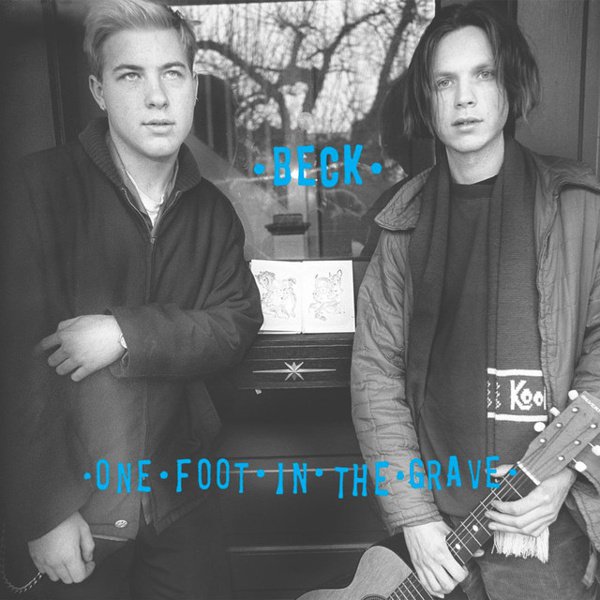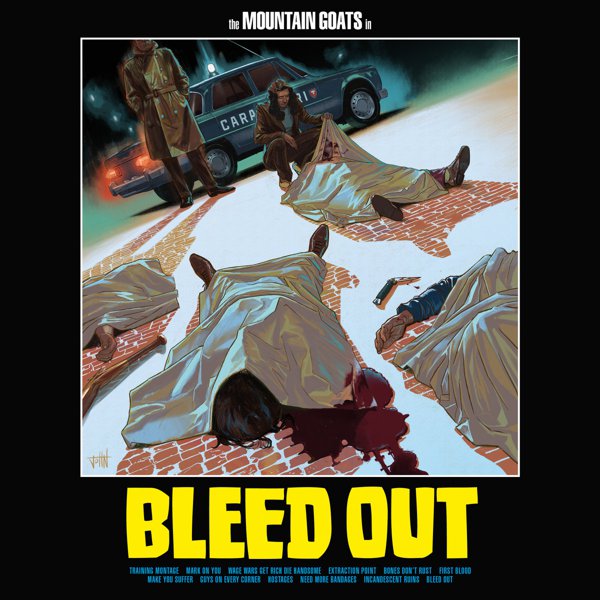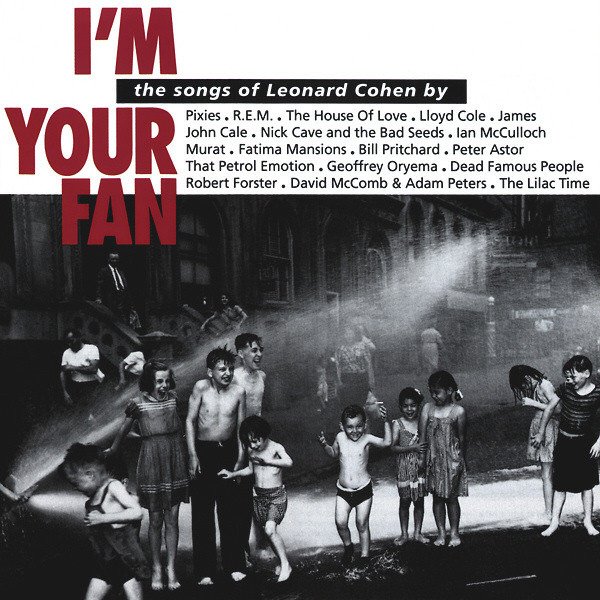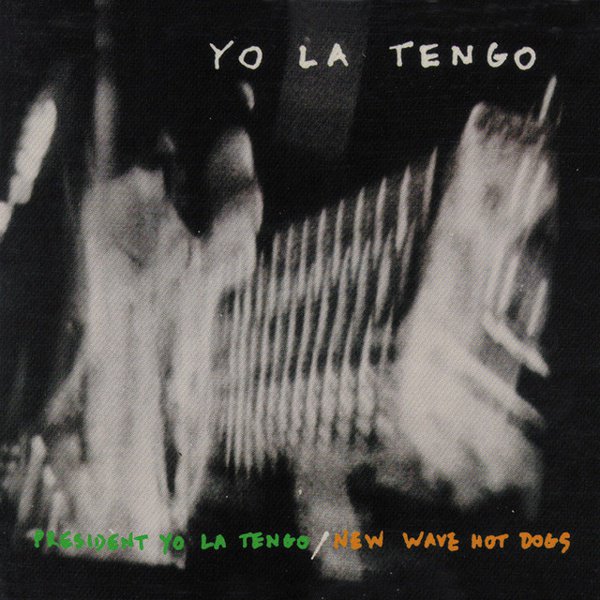
Recommended by
President Yo La Tengo / New Wave Hot Dogs
After guitarist Dave Schramm left Yo La Tengo once their debut hit shelves, Ira Kaplan and Georgia Hubley were spurred to explore new variations on their developing sound as a way to regroup. So they took the wistful tension of Ride the Tiger and blew it up into something more intense, something louder, something that made their early “folk-rock” rep seem insufficient while still retaining enough of their calmer and more reflective moments of somberness and quietude. Oddly enough, Matador’s 1996 repackaged combination of the second and third Yo La Tengo albums mildly distorts the picture of this stage in the band’s evolution. By sequencing this two-fer so that the ’89 President precedes the ’87 Hot Dogs, it positions the QED before the proof, foregrounding the moment they were really starting to get the hang of their sound’s potential for improvisational sprawl and noise and letting the second half reveal the route they took to get there. But it’s not a disjointed listen, just an impressively expansive one: by front-loading this two-fer so it kicks it off with the early-career landmark “Barnaby, Hardly Working,” arguably the moment their gracefully noisy indie-art-psych hybrid started to sound like something they had a distinct ownership of, this release positions Yo La Tengo’s best pre-Matador albums not as a transitional phase but the beginning of their sense of identity. So you get to hear how the terse, jagged outbursts of garage-punk distortion on President cuts like “The Orange Song” can be traced back to the rawer forms of Hot Dogs songs like “Let’s Compromise” and “House Fall Down,” or find a common lyrical thread between the rumination-battling narcotic escapism of 1989’s midtempo bummer-anthem “Drug Test” (“I wish I was high/Brighter than nothing/Smarter than nobody/I’ve wasted away”) and the sense of purposeless bewilderment that runs through 1987’s upbeat yet bitter “A Shy Dog” (“How do these days go by?/Why does time move so slow?/When are my decisions made?/I’ll never know/I’ll always wonder”). This is the sound of a band reinventing themselves without losing themselves, whether they’re wearing their influences on their sleeves (their VU-heir rep could singlehandedly ride on their fantastic, gentle-yet-passionate version of “It’s Alright (The Way That You Live)”), or rolling them up to get their own hands dirty — just check out how they take Ride the Tiger cut “The Evil That Men Do” into new forms steeped in new wave/rockabilly hybridization (“Craig’s version”) and the endless potential of untethered motorik-drive guitar chaos (“Pablo’s version”).

